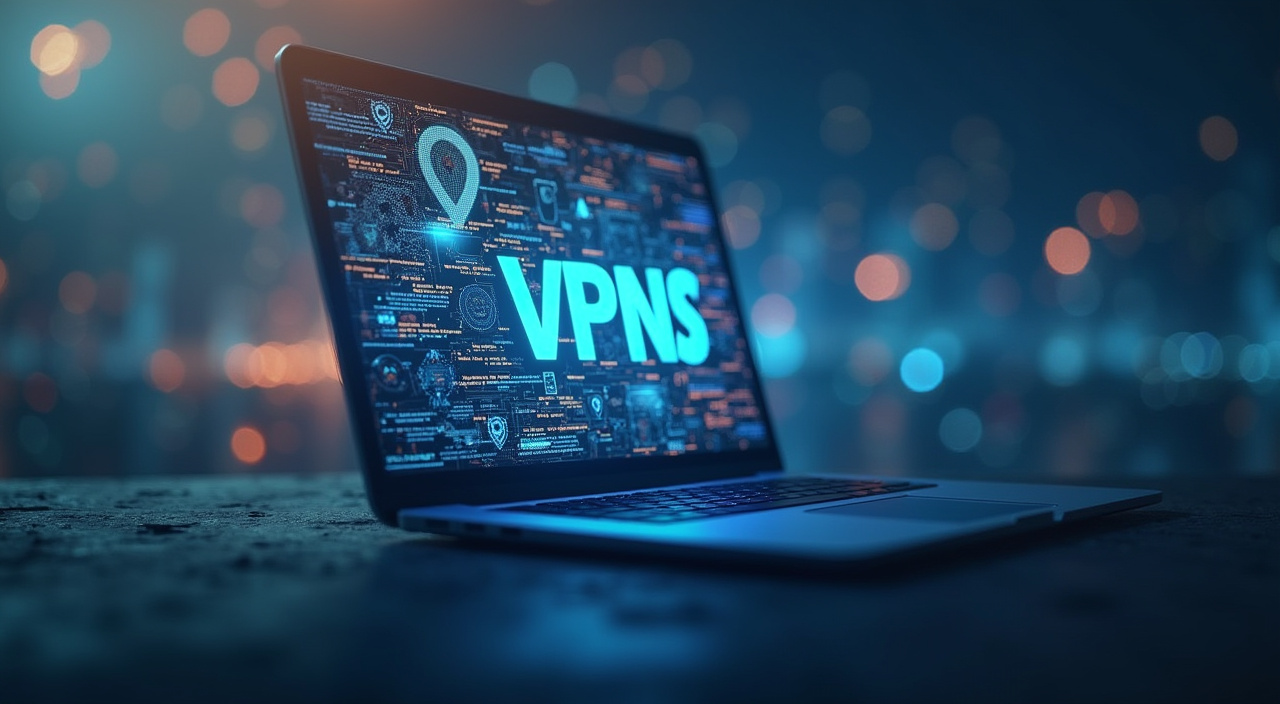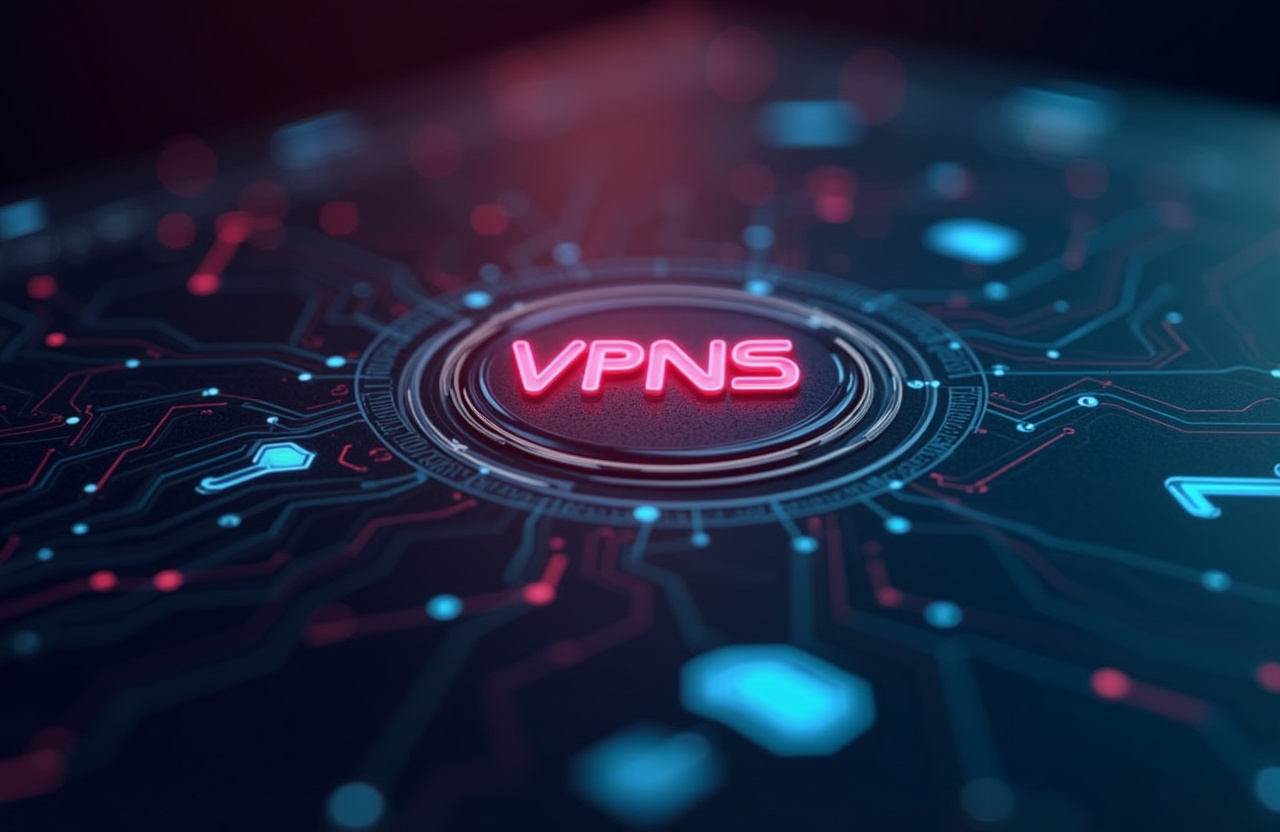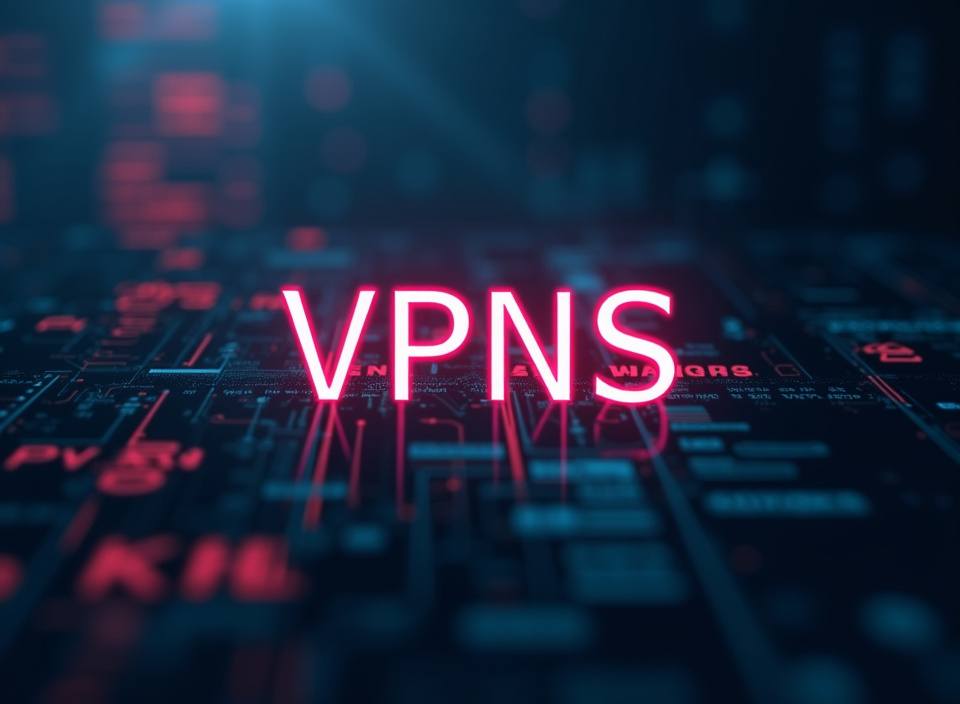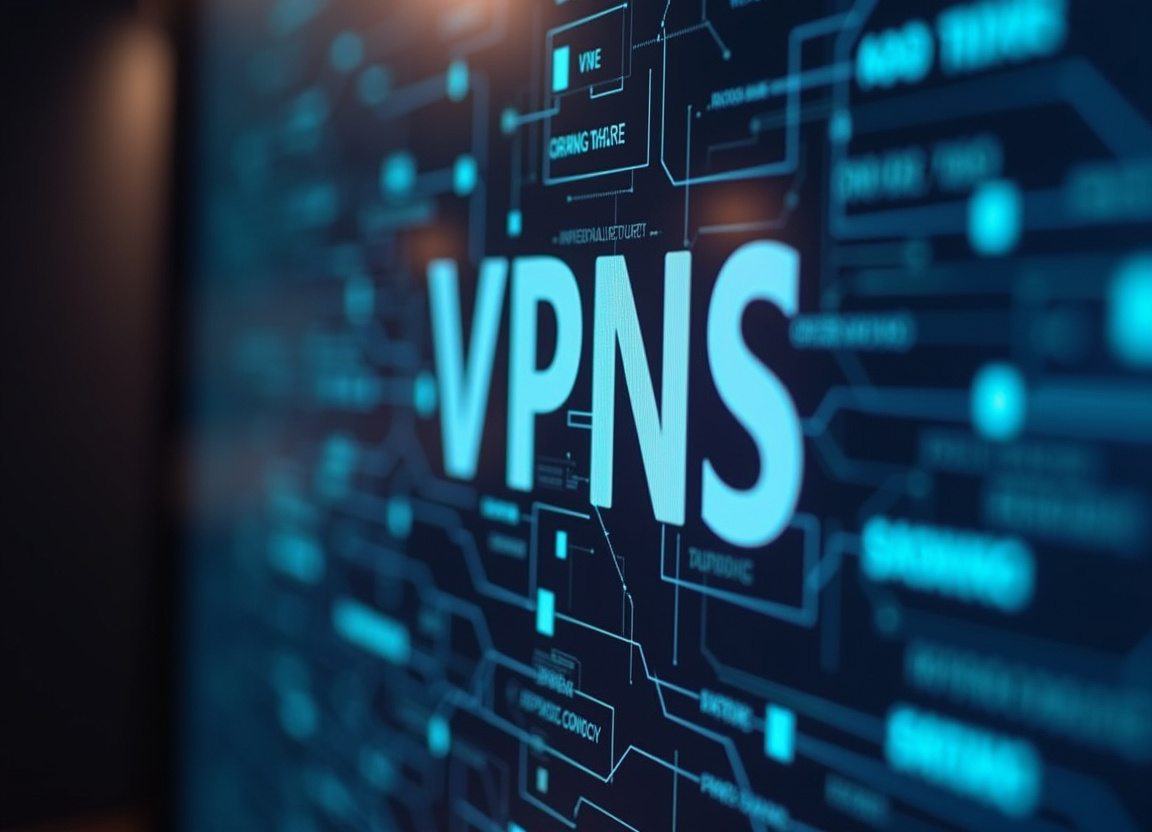The Role of VPNs in Preventing Cybercrime
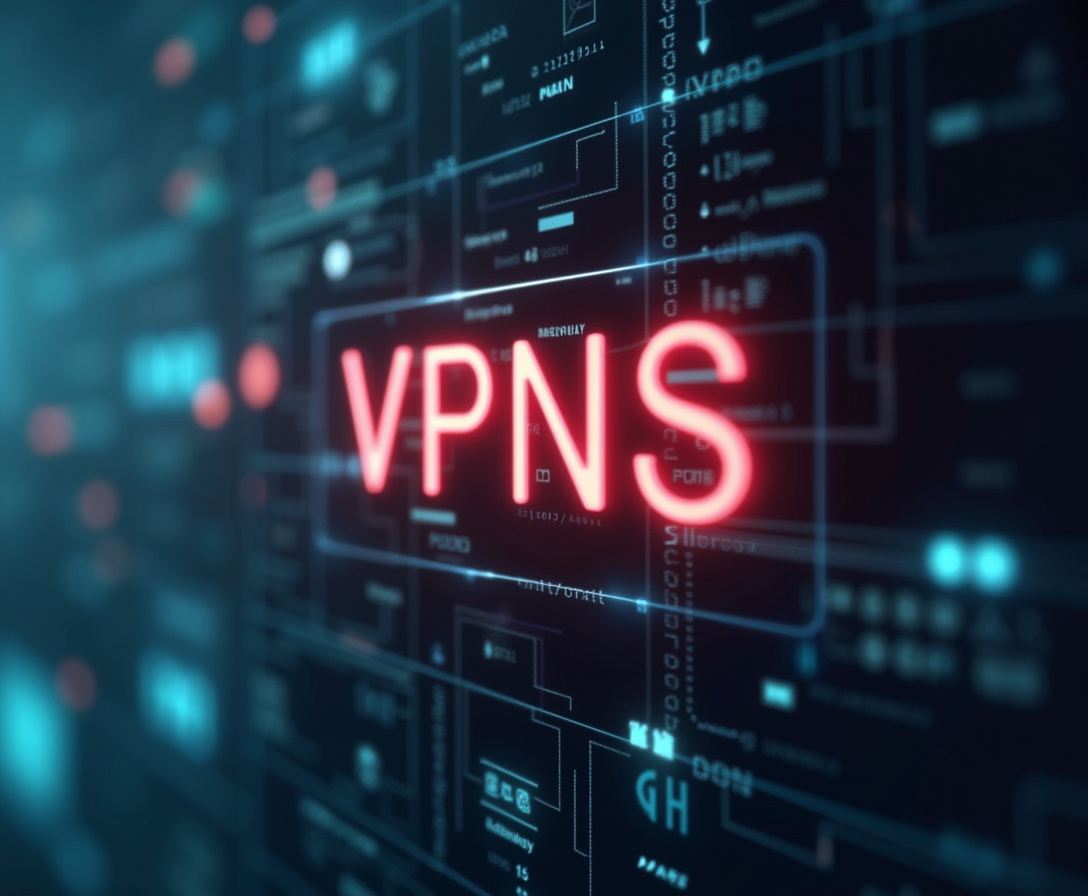
Table of Contents
- The Pivotal Role of VPNs in Fortifying Defenses Against Cybercrime: A Comprehensive Exploration of Online Security
- Understanding VPNs: How Virtual Private Networks Shield Against Cyber Threats
- VPNs and Subscription Services: Enhancing Security and Privacy in the Digital Entertainment Age
- Effective VPN Implementation: Logging, Monitoring, Audits, and Legal Considerations for Robust Security
The Pivotal Role of VPNs in Fortifying Defenses Against Cybercrime: A Comprehensive Exploration of Online Security
In an era defined by unprecedented digital connectivity, the internet has evolved into an indispensable artery for global communication, seamless commerce, and the instantaneous exchange of information. However, this pervasive digital frontier is also fraught with escalating cyber threats, spanning from relatively innocuous phishing scams to highly sophisticated and devastating ransomware assaults. Successfully navigating this complex and increasingly perilous environment necessitates a comprehensive understanding of robust online security measures.
Among the myriad tools available, a Virtual Private Network (VPN) stands out as a potent and versatile instrument for safeguarding against cybercrime. VPNs fulfill a critical role by establishing a secure and encrypted connection between a user's device and the broader internet, effectively masking their IP address and strategically routing their internet traffic through a network of secure and geographically diverse servers. This detailed exploration will delve into the multifaceted role that VPNs play in preventing cybercrime, meticulously examining how these technologies adeptly mitigate a wide spectrum of cyber threats, significantly enhance overall online security, and furnish a vital layer of comprehensive protection for both individual users and large-scale organizations alike.
At the heart of the issue lies the inherent lack of robust security protections built into standard, everyday internet connections. This absence of default security leaves sensitive data exceedingly vulnerable to interception, malicious monitoring, and potential manipulation by cybercriminals. Without the implementation of additional layers of protection, such as those afforded by VPNs, confidential information, including sensitive passwords, critical financial details, and private personal communications, remains susceptible to exposure to a wide range of malicious actors operating in the cyber domain.
This fundamental vulnerability dramatically underscores the critical need for robust solutions like VPNs, which offer a secure and encrypted conduit for conducting online activities with a significantly reduced risk profile. A VPN's primary and arguably most important function in bolstering online security is its ability to encrypt internet traffic comprehensively. Encryption, in essence, transforms readable, easily understandable data into an unreadable and indecipherable format.
This process involves scrambling the data using complex algorithms in such a way that only authorized parties possessing the correct decryption key can effectively decipher it back into its original, readable form. This robust encryption process ensures that even in the unfortunate event that cybercriminals successfully intercept your data as it traverses the internet, they will be fundamentally unable to understand or use it for malicious purposes due to its encrypted state. This level of protection is particularly important and highly recommended when users are connecting to and utilizing public Wi-Fi networks, which are commonly known to be inherently insecure and are, therefore, frequently targeted by hackers seeking to exploit vulnerabilities.
Another essential and highly valuable aspect of VPN protection is its capability to effectively hide your real IP address from prying eyes. Your IP address, or Internet Protocol address, is a unique numerical identifier assigned to your device that can be utilized to track your geographical location and monitor your browsing activity across the internet. By adeptly masking your IP address and replacing it with one that originates from the VPN server, a VPN effectively makes it substantially more difficult for cybercriminals to trace and link your online activities directly back to you as an individual.
This anonymization process is absolutely vital for maintaining a high degree of privacy and preventing targeted attacks that seek to exploit your personal information. Furthermore, many VPN providers often bundle additional security-enhancing features into their services, such as advanced malware detection capabilities and integrated ad-blocking functionality. These additional safeguards provide extra layers of protection against a wider range of cyber threats.
These integrated features are designed to actively prevent users from falling victim to phishing attempts, effectively blocking access to malicious websites known to host threats, and minimizing overall exposure to potentially harmful content encountered while browsing the internet. These combined capabilities further enhance the overall level of online security for users, creating a safer and more secure browsing experience.
Understanding VPNs: How Virtual Private Networks Shield Against Cyber Threats
VPNs act as a crucial bulwark against a wide array of evolving cyber threats by directly addressing several key vulnerabilities inherent in standard, unprotected internet connections. One of the most prevalent and persistent cyber threats that VPNs effectively mitigate is the insidious practice of data interception. When an individual connects to the internet without the protective layer of a VPN, their data typically travels in a relatively unencrypted format, making it alarmingly vulnerable to potential interception by malicious hackers who can surreptitiously eavesdrop on their online activity.
By encrypting all internet traffic that originates from or is directed to a user's device, a VPN ensures that even if determined cybercriminals manage to intercept the data as it travels across the network, they will be fundamentally unable to decipher its contents due to the strong encryption applied. This type of encryption is particularly crucial and advisable when individuals are transmitting sensitive information, such as highly confidential credit card numbers, secure login credentials for various accounts, or privileged confidential business data that could be detrimental if exposed. Another significant and pervasive cyber threat that VPNs effectively neutralize is the practice of IP address tracking.
As previously mentioned, an IP address is a unique identifier that serves as a digital fingerprint, which can be leveraged to pinpoint your precise geographical location and to meticulously monitor your browsing activities as you navigate the internet. Cybercriminals can exploit this information to target specific individuals with personalized and highly convincing phishing attacks or even to relentlessly track their movements and online habits for a variety of nefarious purposes, including identity theft or other malicious schemes. By effectively concealing your actual IP address and substituting it with one that originates from the VPN service's designated server, a VPN creates a significant obstacle for cybercriminals attempting to trace and link your online actions back to your real-world identity.
This added layer of anonymization is particularly vital and highly advantageous for individuals who deeply value their privacy and seek to prevent unwanted tracking by advertisers, intrusive government agencies, or other malicious actors who may have ulterior motives. Public Wi-Fi networks, commonly found in cafes, airports, and hotels, are infamous for being hotspots for cybercrime. These networks often lack adequate security measures, meaning that virtually anyone can intercept valuable data that is transmitted across them.
Cybercriminals frequently exploit this lack of security by setting up fake, seemingly legitimate Wi-Fi hotspots designed to lure unsuspecting users into connecting. Once connected, the criminals can then proceed to pilfer sensitive login credentials, valuable financial information, or other confidential data directly from the user's device. By consistently utilizing a VPN whenever connected to a public Wi-Fi network, users can ensure that their internet traffic is encrypted.
This encryption provides a critical shield, protecting their data from being intercepted by malicious hackers lurking on the same network. This proactive measure is especially crucial for frequent travelers, remote workers who often rely on public Wi-Fi, and anyone else who regularly accesses the internet through public Wi-Fi networks due to its inherent lack of security protocols. In addition to data interception and IP address tracking, malware infections and sophisticated phishing attacks represent significant cyber threats that VPNs can proactively help to prevent.
Many reputable VPN providers offer built-in malware detection and ad-blocking features. These features can intelligently prevent users from inadvertently downloading malicious software or clicking on deceptive phishing links that lead to credential theft or malware installation. These protective features function by diligently scanning websites and downloaded files for known threats and blocking malicious content before it has the opportunity to reach and infect the user's device.
This integrated approach adds an essential extra layer of security against a broad range of cyber threats, helping to ensure that devices remain safe, secure, and free from harmful intrusions.
VPNs and Subscription Services: Enhancing Security and Privacy in the Digital Entertainment Age
Achieving comprehensive VPN safety is not simply a matter of subscribing to a VPN service; rather, it necessitates a proactive, informed, and vigilant approach to ensure maximum protection against the ever-evolving landscape of cyber threats. Choosing a reputable and demonstrably trustworthy VPN provider represents the first and most critical step in this process. It is essential to recognize that not all VPN services are created equal.
Alarmingly, some may inadvertently compromise a user's security instead of enhancing it, potentially leading to increased vulnerability. When selecting a VPN provider, users should prioritize those with a documented and verifiable track record of safeguarding user data consistently, transparent and readily accessible privacy policies that clearly outline data handling practices, and importantly, independent third-party security audits that rigorously verify their security infrastructure and claims. A reputable VPN provider should, as a cornerstone of its service, adhere to a strict no-logs policy.
This policy signifies that the provider does not track, monitor, or permanently store any details pertaining to a user's online activity. This commitment ensures that a user's browsing history, originating IP address, connection timestamps, and other forms of personal information remain entirely private and cannot be accessed by third parties, whether malicious actors, advertisers, or government entities. It is similarly essential to verify the provider's commitment to security by confirming whether they have been subjected to comprehensive independent security audits by reputable external firms.
These audits involve a detailed inspection of the provider’s systems, infrastructure, and security protocols conducted by cybersecurity experts to identify potential vulnerabilities and assess adherence to best practices. The presence of successful independent audits provides added assurance that the provider takes security seriously and is committed to maintaining a high level of protection for its users. Enabling the VPN's kill switch feature is another crucial and often overlooked step in guaranteeing robust VPN safety.
A kill switch is a fail-safe mechanism that automatically and immediately disconnects your device from the internet if the VPN connection unexpectedly drops or becomes unstable. This immediate disconnection prevents your data from being exposed to the unencrypted internet in the event of a VPN failure. Without a kill switch, if the VPN connection falters, your device would revert to using your default internet connection, potentially exposing your IP address and browsing activity.
The kill switch feature is particularly important and highly recommended when connecting to inherently insecure public Wi-Fi networks, where the risk of data interception and man-in-the-middle attacks is substantially elevated. Regularly updating your VPN software is equally important to maintain VPN safety and ensure that you are protected against the latest vulnerabilities. VPN providers frequently release software updates to address newly discovered security vulnerabilities, implement performance improvements, and introduce new features designed to enhance user security and privacy.
By promptly installing these updates as they become available, you can guarantee that your VPN software is always up-to-date and shielded against newly emerging cyber threats and exploits. Remaining mindful of your online behavior represents another facet of achieving comprehensive VPN safety. Even with the active protection of a VPN, it is paramount to practice safe and responsible browsing habits to minimize your risk exposure.
This includes judiciously avoiding suspicious or untrustworthy websites, exercising caution when clicking on links in emails or messages, and being wary of phishing attempts designed to trick you into revealing sensitive information.
Effective VPN Implementation: Logging, Monitoring, Audits, and Legal Considerations for Robust Security
Secure browsing is not just a technical configuration but a holistic approach to online activity, blending VPN usage with responsible online habits and a critical awareness of potential cyber threats. While a VPN provides a foundational layer of security by encrypting your traffic and masking your IP address, it is crucial to recognize that it is not a silver bullet. Complementing VPN usage with informed browsing practices enhances your overall online resilience.
One essential aspect of secure browsing is exercising vigilance when encountering suspicious or unfamiliar websites. Cybercriminals frequently employ deceptive tactics to create websites that mimic legitimate ones, intending to trick users into divulging sensitive information such as login credentials, financial details, or personal data. Before inputting any information on a website, carefully examine the URL to ensure it is legitimate and secure.
Look for "https" in the address bar, indicating that the website employs encryption to protect data transmitted between your browser and the server. Be wary of websites with spelling errors, grammatical mistakes, or an unprofessional design, as these could be red flags for phishing sites. Another critical element of secure browsing is practicing caution when interacting with emails and messages.
Phishing attacks often begin with seemingly innocuous emails or messages that attempt to lure you into clicking on a malicious link or downloading a compromised file. Always be skeptical of unsolicited emails or messages, especially those that request personal information or prompt you to take immediate action. Verify the sender's identity before clicking on any links or opening attachments, and never provide sensitive information unless you are absolutely certain that the communication is legitimate.
Utilize strong and unique passwords for all of your online accounts. Password reuse is a common vulnerability that cybercriminals exploit to gain unauthorized access to multiple accounts. A strong password should be at least 12 characters long and include a combination of uppercase and lowercase letters, numbers, and symbols.
Avoid using easily guessable information such as your name, birthday, or common words. Consider using a password manager to securely store and manage your passwords, generating strong and unique passwords for each of your accounts. Regularly update your software and operating systems to patch security vulnerabilities.
Software updates often include critical security fixes that address newly discovered vulnerabilities, providing protection against potential exploits. Enable automatic updates whenever possible to ensure that your devices are always running the latest and most secure versions of the software. Be mindful of the permissions you grant to apps and websites.
Many apps and websites request access to your location, contacts, camera, microphone, or other sensitive information. Before granting permissions, carefully consider whether the app or website truly needs access to that information and be wary of granting unnecessary permissions. Review the privacy policies of apps and websites to understand how your data will be collected, used, and shared.
Employing multi-factor authentication (MFA) adds an extra layer of security to your online accounts by requiring you to verify your identity using multiple authentication methods, such as a password and a one-time code sent to your mobile device. MFA significantly reduces the risk of unauthorized access, even if your password is compromised. Enable MFA on all of your accounts that support it, especially those containing sensitive information.
Online security, in its broadest sense, is not merely a product or a service but rather a continuous, evolving process that requires constant vigilance, adaptation, and a proactive mindset to mitigate the ever-present and dynamically changing cyber threats. The role of VPNs within this comprehensive framework is significant, yet it's crucial to recognize that they represent just one component of a multi-layered approach to safeguarding your digital life. To achieve robust online security, individuals and organizations must embrace a range of best practices and technologies, working in synergy to create a resilient defense against cybercrime.
One of the foundational elements of a strong online security posture is education and awareness. Users need to be educated about the latest cyber threats, phishing techniques, and social engineering tactics that cybercriminals employ to deceive and exploit individuals. Training programs, workshops, and readily accessible online resources can empower users to recognize suspicious activity, avoid common pitfalls, and make informed decisions about their online behavior.
Regular security awareness training is vital, particularly for employees within an organization, ensuring they are aware of their responsibilities in protecting sensitive data and systems. Implementing robust access controls is another critical aspect of online security. Access controls define who has access to what resources and data, limiting the potential damage that can be caused by unauthorized access.
Employ the principle of least privilege, granting users only the minimum level of access necessary to perform their job functions. Regularly review and update access controls to reflect changes in roles, responsibilities, and security needs. Enforce strong password policies, requiring users to create complex passwords and change them periodically.
Deploy multi-factor authentication (MFA) to add an extra layer of security to critical systems and applications. Data encryption, both in transit and at rest, is essential for protecting sensitive information from unauthorized access. Encryption renders data unreadable to anyone who does not possess the correct decryption key.
Encrypt data stored on laptops, hard drives, and other storage devices to prevent data breaches in the event of loss or theft. Use encryption protocols such as SSL/TLS to protect data transmitted over the internet. Implement comprehensive security monitoring and incident response capabilities.
Security monitoring involves continuously monitoring systems, networks, and applications for suspicious activity, such as unusual login attempts, data exfiltration, or malware infections. Security information and event management (SIEM) systems can aggregate and analyze security logs from multiple sources, providing real-time visibility into security threats. Establish a well-defined incident response plan to guide the organization's response to security incidents.
The incident response plan should outline the steps to be taken to contain the incident, eradicate the threat, recover systems and data, and conduct a post-incident analysis to prevent future occurrences. Regularly test and evaluate your security defenses through penetration testing and vulnerability assessments. Penetration testing involves simulating real-world attacks to identify weaknesses in your security systems.
Vulnerability assessments scan your systems for known vulnerabilities, providing a prioritized list of security issues that need to be addressed. These proactive measures help to identify and remediate security weaknesses before they can be exploited by cybercriminals. In conclusion, the role of VPNs in preventing cybercrime is undeniable, offering a crucial layer of encryption and anonymity to protect users from a wide range of online threats.
However, true online security extends far beyond VPN usage, encompassing a combination of education, awareness, robust security policies, continuous monitoring, and proactive threat mitigation. By adopting a holistic approach to online security, individuals and organizations can significantly reduce their risk exposure and create a more secure digital environment for themselves and their stakeholders.
Stay Updated
Get the latest VPN news, tips, and exclusive deals to your inbox.
